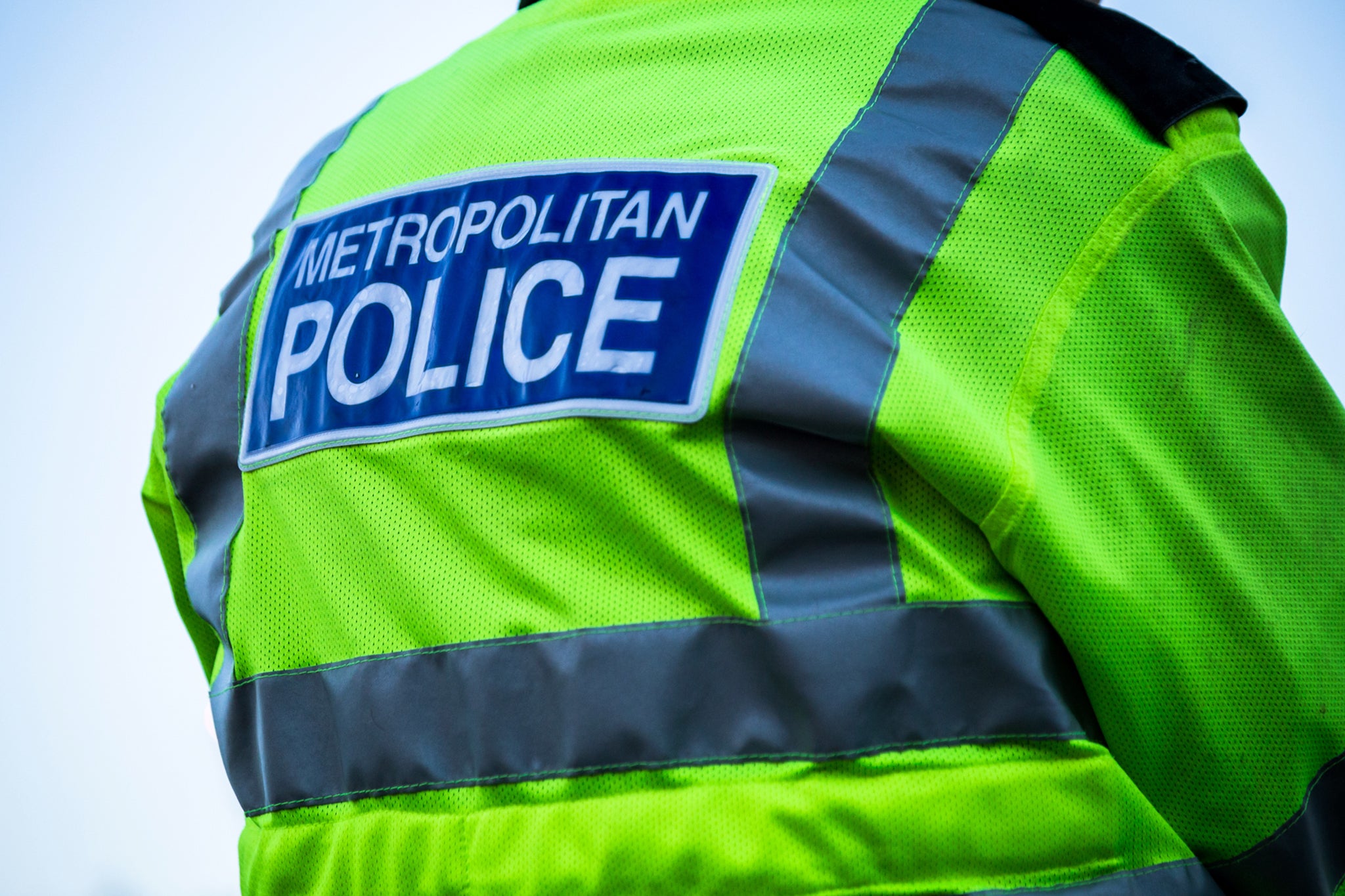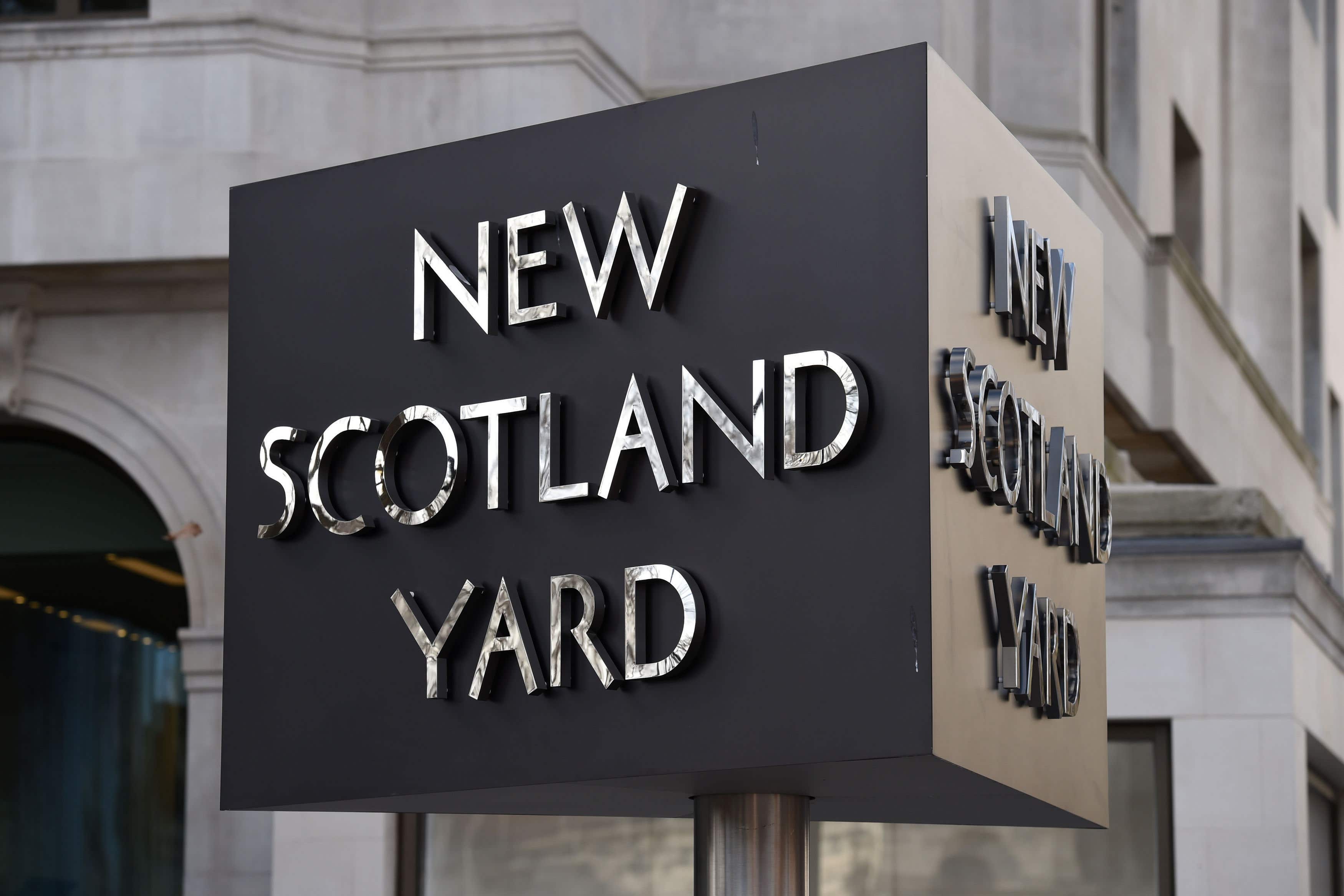One in nine child victims blamed by Met for their own abuse, watchdog finds
The police watchdog also found 12 in every 100 children were in some way blamed for their abuse
Britain’s largest police force is failing to protect children from exploitation after inspectors found half of investigations were inadequate - with officers frequently using victim-blaming language.
Vulnerable children – who were often victims of abuse, neglect or sexual exploitation – were described as “making poor choices” in concerning language used by Metropolitan Police officers, according to damning report from the police watchdog, which also concluded that 12 in every 100 children were in some way blamed for their abuse.
The Met, which is already in special measures, has issued an apology to children and families as it responded to 11 recommendations following an inspection by His Majesty’s Inspectorate of Constabulary and Fire & Rescue Services (HMICFRS) commissioned by the Mayor of London.

Inspectors were so concerned about their findings that they issued an alert before their review had ended last year.
Full details of the report, published on Friday, revealed half of 244 investigations into child exploitation and missing children reviewed by inspectors were found to be inadequate.
Inspectors reported delays in action being taken, lines of enquiry not being followed and poor supervision of investigations.
Shockingly, 39 cases were returned to the force for review because inspectors were concerned children remained at risk.
Inspectors noted they had seen some good work, but said: “The balance of negative evidence from this inspection far outweighed the positive.
“Put simply, the force isn’t doing enough when children are suffering from, or at risk of, exploitation.”
Frequent examples of victim-blaming language also raised “questions about how well officers and staff understand the risks of exploitation” as well as concerns about “the prevailing attitudes and culture” in some areas of the force, the report added.
Inspectors also reviewed 60 cases involving children who had been reported missing, many of which were in care and had been subjected to neglect or sexual exploitation.
In 33 of those cases, inspectors found language that implied the missing children were in some way responsible or to blame.
One 14-year-old girl, who was part of an investigation into child exploitation, was described as “seeking out sex with older men”, while a 12-year-old was described as “sexually active with older men”.
One senior leader admitted to inspectors that the force has a “cultural issue” around how they see children, while another said: “The culture is that missing children are seen as a problem.”
For example, one sergeant said the “missing person team deal with proper missing people”, the report said. In relation to children looked after by the local authority, they said it is “more to do with truancy and behaviour than missing ... more a children’s social care problem”.

HMICFRS has urged the Met to provide effective training to all staff who interact with children and encourage staff to challenge victim-blaming language, as part of 11 recommendations for reform.
The force has also been urged to make sure it works more effectively to prevent children from going missing, find them more quickly and follow all reasonable lines of enquiry to identify suspects.
The report comes after the Met was put in special measures by the watchdog in 2022, following a series of scandals. The following year a damning review by Baroness Casey concluded the force was institutionally racist, misogynistic and homophobic.
His Majesty’s Inspector of Constabulary Lee Freeman said: “Children who are at risk of exploitation, or who go missing from home, are some of the most vulnerable in society. The police and other public services have a shared responsibility to look for the warning signs, be alert to the risks and act quickly to protect children.
“It is particularly concerning that the Metropolitan Police Service isn’t doing enough when children are suffering from, or at risk of, exploitation. The force should make sure that it fully understands the risks to children, and that officers and staff are equipped to identify and tackle those risks effectively, so no child is left unprotected.
“The Met has already committed to increasing the number of officers in some teams dealing with child exploitation. For the benefit of London’s children, the force should implement our recommendations in full and without delay.”
Since HMICFRS first issued an alert last October, the Met has trained more than 1200 child protection officers and 400 officers responsible for missing children investigations, the force said.
Commander Kevin Southworth, lead for Public Protection at the Met, added: “I’m deeply sorry to the children and families we have let down and want to reassure our communities that we are already taking significant steps to address these recommendations.
“We are putting more police resource into this area and retraining officers to have a better understanding of the complexities of child exploitation so we can continue our work to win back the trust of Londoners.”

